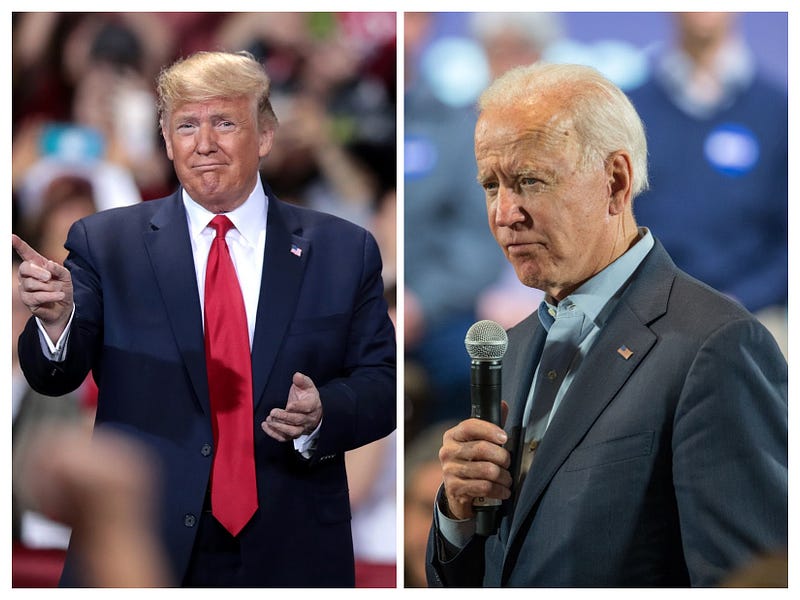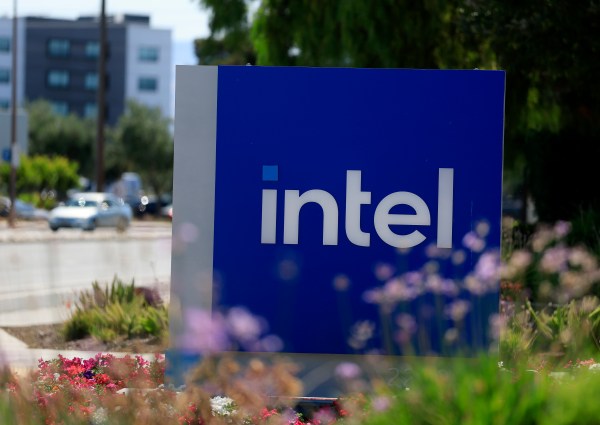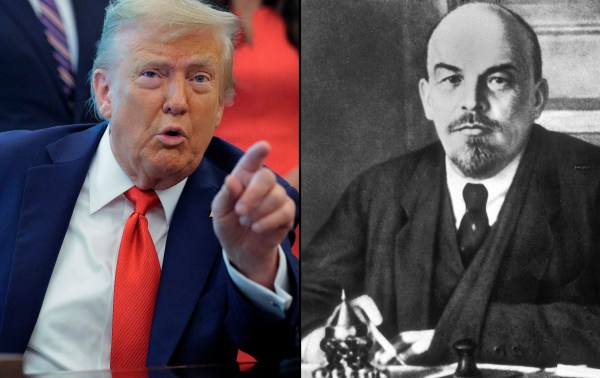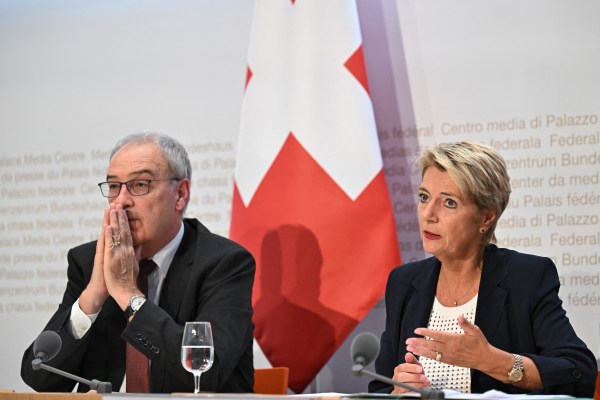Europe heaved a collective sigh of relief at the news that Joe Biden had clinched the 2020 U.S. presidential election. Ditto international civil servants at NATO, the United Nations and its specialized agencies, climate change agitators, lovers of treaties and alliances, and countless others exhausted by the America First contrariness of Team Trump. While history has not finished judging the work of the Trump administration, it may be wise for the new Biden administration to refrain from instinctively racing to repudiate Trump’s legacy.
Donald Trump bequeathed Joe Biden a gift of leverage and newfound influence that could serve the president-elect well as he steers the United States back into the welcoming arms of international polite society.
Take NATO for example. Trump’s early failure to accept NATO’s mutual defense obligations under Article 5 was seen as American abdication of one of its most sacred defense responsibilities and met with a loud outcry. But like so many Trumpian excesses, there was a kernel of truth—and sometimes more—at the heart of these complaints. The same NATO allies who were tut-tutting about Trump’s unwillingness to honor U.S. obligations had long neglected their own obligations to NATO. And while the president may have misunderstood who owes whom what under the treaty’s terms, he completely grasped the idea that the United States has without fail invested in its own military while the majority of its allies have preferred to slosh cash into social safety-net programs.
Nor was Trump off his rocker when he asked—rudely, to be sure—whether NATO would follow tiny NATO ally Montenegro into war should that be necessary. The unpleasant, and rarely stated, truth is that there are real questions about whether the bulk of NATO would defend, say, Latvia, Lithuania, or Estonia from Russian aggression. After all, Georgia and Ukraine twisted in the wind after Russian attacks. They are not NATO allies, to be sure, but have no doubt that Baltic leaders worry they would suffer the same fate. Certainly the defense spending practices of their European partners gives them plenty of reason for concern.
Biden will surely affirm his commitment to Article 5 and refrain from badmouthing the hapless Montenegrins, but the troubles at NATO’s core will remain. A shrewd strategy for the new president would be to privately but firmly emphasize he will expect a more serious European commitment to upping defense spending as he enjoys Europe’s warm embrace. Trump secured an increase of more than $100 billion from nervous NATO allies; Biden should warn he will not tolerate backsliding. And if he can leverage a more serious attitude toward the danger posed by NATO “ally” Turkey, all the better.
Similarly, the Biden-Harris campaign committed to rejoining beleaguered United Nations groups like the Human Rights Council (HRC) and the United Nations Relief Works Agency (UNRWA), which doles out aid and education to the Palestinians. Trump’s decision to leave the HRC had denied the council the U.S. portion of its funding, which is 22 percent of the $22 million allotted by the U.N.; likewise, UNRWA lost more than $300 million of the U.S. taxpayers’ hard-earned cash in 2018. Without relitigating the failings of these organizations—really, Venezuela, Pakistan, China, and Libya on the Human Rights Council?—the Biden administration should be well-positioned to extract some commitments for reform before leaping back in to the deep end.
The Human Rights Council is slated for a review by the General Assembly while Biden is in office, and the United States can use the opportunity to demand change in the way members are elected. The most basic reform would be to actually “take into account the contribution of candidates to the promotion and protection of human rights,” per the rules governing the council. Perhaps insist on an explanation of how that was done with respect to Venezuela and China, for example. But if demanding that sort of accountability would be too Trump-like for the new administration, how about simply banning the members being investigated by the council for human rights violations? A non-negotiable requirement for the U.S. rejoining should also be an end to the “agenda item” that singles out Israel—and only Israel—for annual condemnation.
Regarding UNRWA, and setting aside the debatable notion that there are now 5 million Palestinian refugees (for how many generations can the descendants of refugees continue to be labeled refugees?), a key issue will be to reform an organization that according to the U.N.’s own audit has failed in much of its educational mission. UNRWA proudly touts that it “operates one of the largest education systems in the Middle East, opening the doors of its 666 schools to nearly 500,000 pupils each day.” Despite these impressive numbers, the internal evaluation could not connect training with enhanced outcomes or employment.
And while it purports to help provide Palestinians with access to health care, education, and social services, UNRWA also has provided services to Hamas, storage for Hamas weapons, and indoctrination into anti-Jewish hatred. It will be up to UNRWA to prove its links to Hamas have ended, that its textbooks are free of anti-Jewish vitriol, and that it is indeed undertaking the mission for which it was created.
Of course, in foreign policy, the big kahuna is the Biden pledge to rejoin the JCPOA (the Iran deal) and “offer Tehran a credible path back to diplomacy.” Here, again, the incoming president has a genuine opportunity, should he choose to manage it shrewdly. There is a multitude of sanctions in place. Not just the ones reimposed after being lifted by the Obama administration’s JCPOA, but new ones imposed by the Trump administration as part of its “maximum pressure” campaign to punish Iran for its human rights violations, sponsorship of terrorism, non-nuclear weapons violations—and of course, its nuclear transgressions. While the Biden administration will be able to lift some of the sanctions, it would be the height of foolishness to do so.
Rather, a Biden approach should demand a new accounting of Iran’s nuclear weapons program, and a clear determination from the International Atomic Energy Agency—never before given—as to whether it is a peaceful or military program. That baseline will be key to determining what additional changes to the JCPOA are required beyond eliminating the sunset clauses that even the deal’s supporters allow were a mistake. Many will argue that time is of the essence as Iran escalates its uranium enrichment program. But time is on America’s side; Iran desperately needs relief, and is looking to Team Biden to give it.
The smart call for the new administration would be to bank the leverage provided by Trump and use it to ensure—dare we say it?—the best deals for America going forward.






Please note that we at The Dispatch hold ourselves, our work, and our commenters to a higher standard than other places on the internet. We welcome comments that foster genuine debate or discussion—including comments critical of us or our work—but responses that include ad hominem attacks on fellow Dispatch members or are intended to stoke fear and anger may be moderated.
With your membership, you only have the ability to comment on The Morning Dispatch articles. Consider upgrading to join the conversation everywhere.